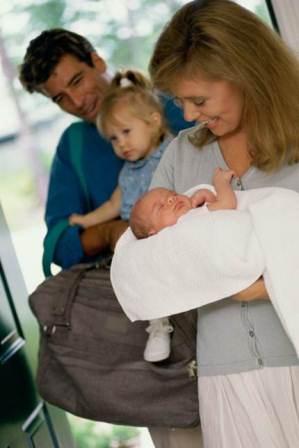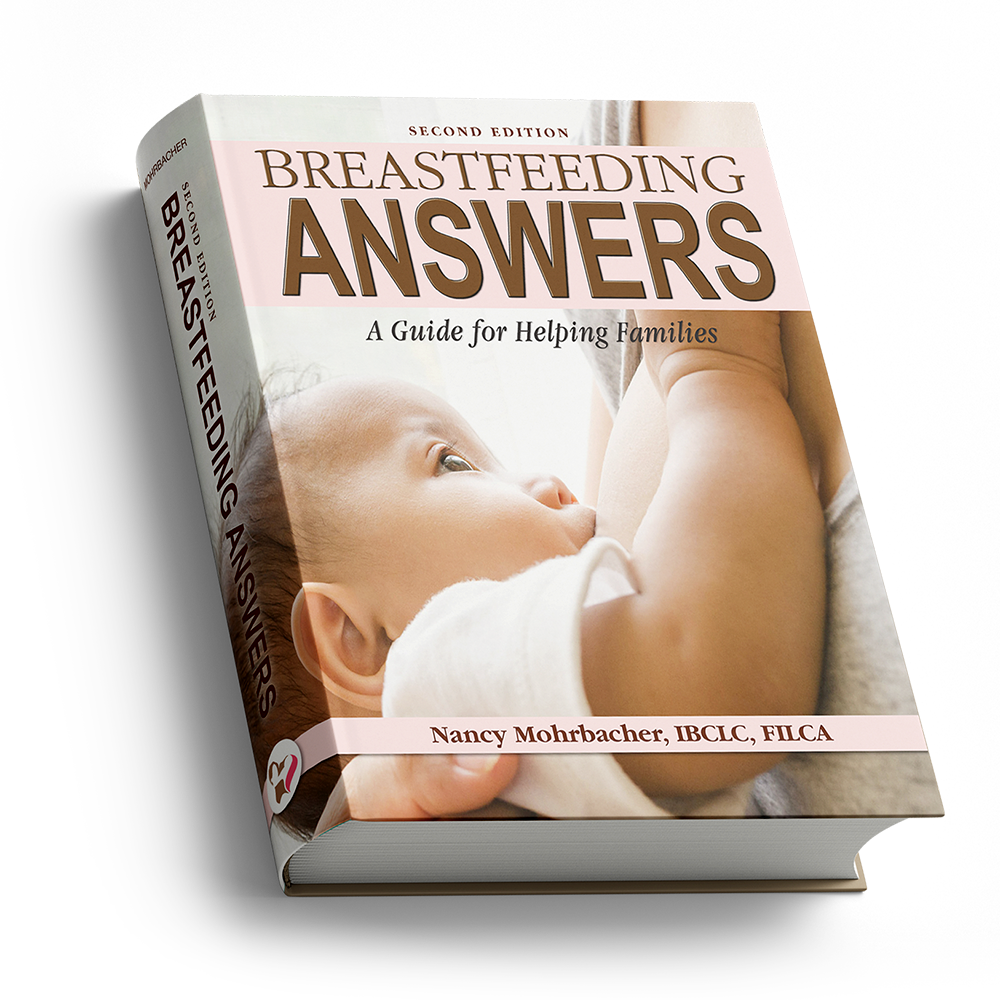No Such Thing as a Free Lunch
/Not long ago I was contacted by an Associated Press reporter who asked for my help with an article she was writing on formula marketing by U.S. hospitals. She asked me to provide contact information for women whose babies had either been given formula in the hospital or who were given formula marketing bags on discharge. This was not hard to do, as according to the U.S. Centers for Disease Control and Prevention, 25% of breastfed babies receive unnecessary formula supplementation during their hospital stay. And a recent article in Pediatrics estimates that 72% of U.S. hospitals distribute industry-sponsored formula sample packs to new parents
Thanks to my online contacts, within 2 hours 12 local mothers had volunteered to talk to this reporter. I had high hopes, but the article was a disappointment. Formula company spokespeople were given the last word, noting that “it’s good to have a back-up” and characterizing it as “irresponsible” not to give new mothers free formula in the hospital.
What was not reported was the true cost of this “free” formula to parents and the impact of hospital formula marketing on breastfeeding. The most recent study on the effect of hospital distribution of infant formula found that the mothers who received formula samples at discharge were less likely to be exclusively breastfeeding during each of their baby’s first 10 weeks as compared with women who did not receive them. For a summary of decades of research on this issue, click here.
What’s most important for parents to know, though, is that this is not just about breastfeeding. The reason formula companies work so hard to establish these unholy alliances with hospitals is that they know from their own research that due to fear of adverse reactions, most parents will continue to buy the formula their baby is given first.
The “free” formula included in those stylish marketing bags is each brand’s most expensive type. A cost analysis done by the outstanding nonprofit organization Ban the Bags found that formula-feeding families who use the high-priced formula in these marketing bags will spend $700 more during their baby’s first year than if they bought the generic store brand. This is the true cost of these bags to families. No wonder formula companies are so anxious to get this product into their hands!
What’s in it for hospitals? In many cases, in exchange for acting as formula marketing agents (and therefore endorsers of infant formula) hospitals receive unlimited free formula for their use. And when formula flows like water on maternity floors it’s more likely to be fed to newborns unnecessarily to the detriment of breastfeeding: a double benefit for the formula industry.
How can we convince hospitals that it is inappropriate and unethical to give formula samples to new parents? In many ways, as Ban the Bags points out, this practice is like giving out free Big Macs on the cardiac floor. Babies who receive infant formula have poorer health outcomes and higher health-care costs than exclusively breastfed babies. It makes far more sense for hospitals to focus their energies on marketing health, not commercial products. Click here for some ideas from Ban the Bags on how to sell this idea to your local hospital.
One last thing. If you received a formula marketing bag from your local hospital, don’t forget to write a letter of complaint to the hospital's administration. Patient satisfaction has a huge effect on hospital policy decisions. Use your influence for the benefit of all new parents.




